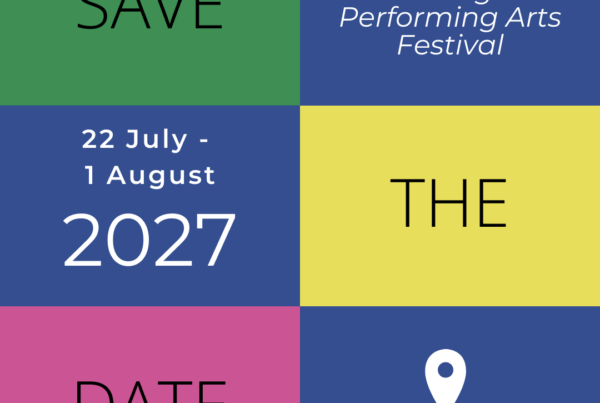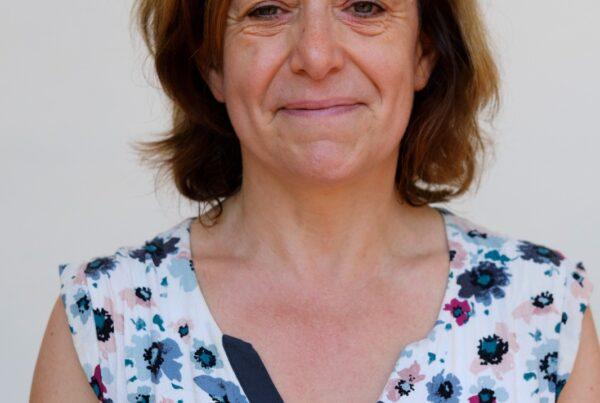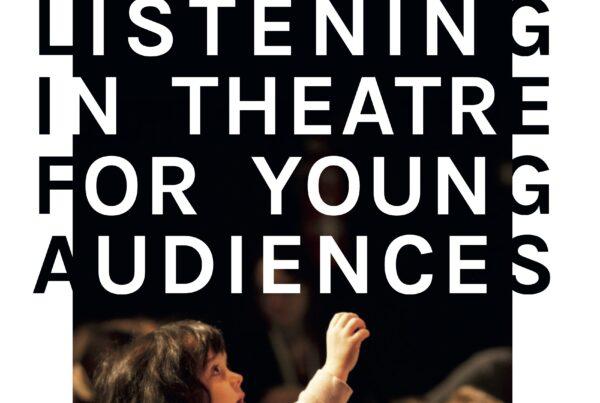Abstract
This investigation focuses on the criteria to create democratic performing arts projects for early childhoods, considering the aesthetic representation of a society’s diversity as an essential aspect to promote democracy. The study highlights the crucial role of theatricality’s property in this process by rooting the imaginary power. The analysis of the context of the institutional project Scenekunst till ALLE små in Stavanger city, in Norway, is an example that leads to the conclusion that a democratic art project for early childhoods requires radical dramaturgies based on parity in diversity.
Keywords: Theatricality, democracy, diversity, radicality, dramaturgy, children, pedagogy.
Introduction
Democracy is a central theme in recent speeches in various knowledge areas and different realities worldwide. The arts field for children echoes this socio-historic moment and the commitment of being democratic is declared in many diverse local and international discourses. In this direction, in 2020, the International Association of Theatre for Children and Youth (ASSITEJ) launched a Manifesto developed through various online meetings engaging hundreds of performing arts professionals across the globe (ASSITEJ, 2020). The document is addressed to citizens, governments, political parties, institutions and authorities related to the development of arts and children’s education and welfare. The ASSITEJ’s manifesto is based on the convention on the child’s rights of the United Nations International Children’s Emergency Fund, especially articles thirteen and thirty-one (UNICEF, 2002). In the same direction, the institutional project Scenekunst til ALLE små (Dybwik and Halle, 2020) also emphasizes its intention of being democratic by presenting theatrical performances for all children from zero to five years old in Stavanger city. By analyzing the context of this example through a radical heteroscientific methodology, the present study proposes grounded criteria to promote democratic artistic projects for Early Childhoods.
Viviane Juguero, Ph.D (Brazil/Norway) is an artist, researcher, professor, and cultural manager. She holds a Bachelor, Specialist, Master, and Doctorate Degree in Performing Arts from the Federal University of Rio Grande do Sul. In her Ph.D., she developed “radical dramaturgy” and “Children’s Ludic Logic” concepts. Her doctoral investigation was partially held at the University of Wisconsin-Madison, USA, sponsored by the Brazilian Higher Education Personnel Improvement Coordination (CAPES). She is currently a Postdoctoral Researcher at the Faculty of Arts and Education of the University of Stavanger. At UiS, she develops the investigation “Pluriperceptive and Multicultural Theatricalities to diverse Early Childhoods” as a researcher of the FILIORUM (Centre for Research in Early Childhood Education and Care). She is currently a member of the international Academic Expert Advisory Board of the CAST – Centre for Arts and Social Transformation of the University of Auckland. She is the author of books, plays, audiovisual scripts, artistic-pedagogical projects, songs, articles, and essays, staged and published in Brazil and abroad, in Portuguese, English, Spanish, Chinese and Japanese.As a professor, Juguero taught workshops and lectures in Brazil and the United States and undergraduate and postgraduate courses in Brazil. Juguero is a member of the International Association of Theater for Children and Youth (ASSITEJ), the International Theatre for Young Audiences Researchers Network (ITYARN), the Bando de Brincantes art collective, and the Brazilian Center of Theater for Children and Youth (CBTIJ).





